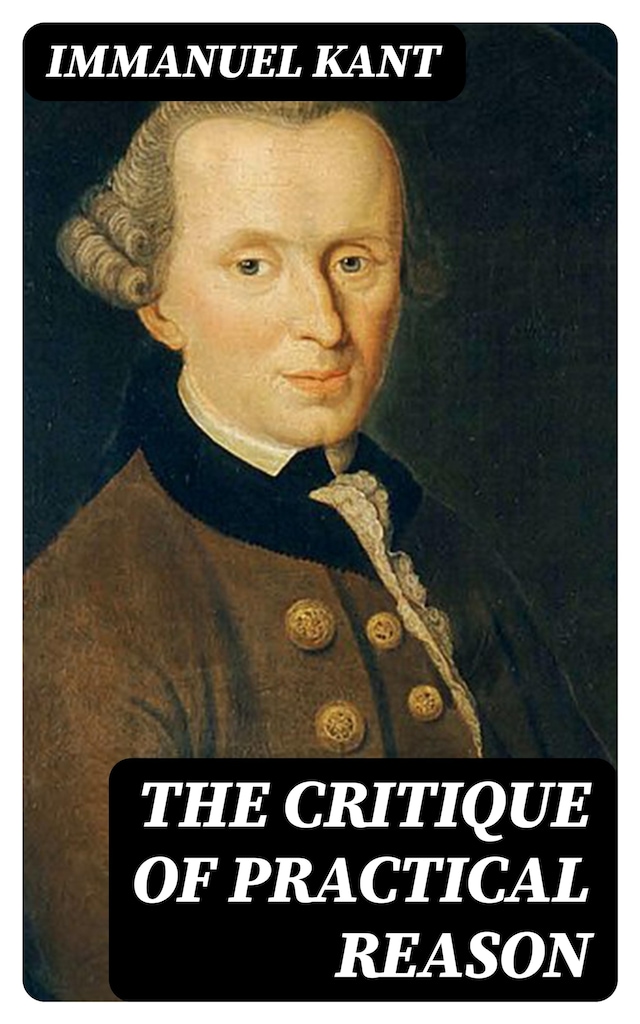
The Critique of Practical Reason
Beskrivelse av boken
Immanuel Kant's 'The Critique of Practical Reason' is a foundational work in the field of moral philosophy, exploring the nature of morality and the principles that govern human actions. Using his characteristic rigorous and systematic approach, Kant delves into the concept of practical reason, examining the role of human autonomy and the demands of morality. Written in a clear and accessible style, this work combines intricate philosophical arguments with practical wisdom, making it a valuable read for both scholars and general readers interested in ethics. Furthermore, Kant's work is situated within the Enlightenment period, reflecting the intellectual climate of the time and engaging with key philosophical debates of the era. Immanuel Kant, a prominent German philosopher of the 18th century, was known for his groundbreaking contributions to metaphysics, epistemology, and ethics. His work in 'The Critique of Practical Reason' demonstrates his enduring commitment to understanding the foundations of moral philosophy and human agency. Drawing on a long tradition of philosophical thought, Kant's insights continue to influence contemporary ethical debates and shape our understanding of moral reasoning. For readers seeking a profound exploration of moral philosophy and a classic work in ethical theory, Immanuel Kant's 'The Critique of Practical Reason' is an indispensable text. Offering deep insights into the nature of morality, human freedom, and the rational principles guiding ethical behavior, this book remains a timeless and essential contribution to the field of philosophy.
 Immanuel Kant
Immanuel Kant 212 Sider
212 Sider